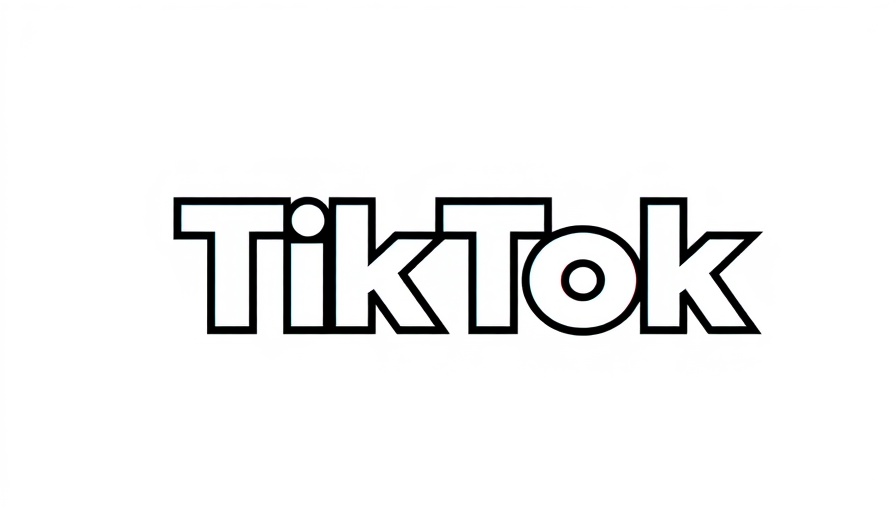
Meta's Bold Move to Halt Political Advertising: A Game Changer for Europe
Meta has announced a significant shift in its advertising strategy for Europe by banning all political, electoral, and social issue ads starting October 10th. This decision stems from the new EU regulations, specifically the Transparency and Targeting of Political Advertising (TTPA) provision, which imposes stringent transparency requirements on how political ads are targeted and funded.
Understanding the New EU Regulations: What You Need to Know
The upcoming EU regulations require digital ad platforms to be more transparent in their operations. Advertisers must now provide explicit consent from users before utilizing their data for political advertising. This directive marks a departure from Meta's previous advertising practices and feeds into a broader narrative of evolving advertising standards across Europe.
Meta has maintained that it has been a leader in ad transparency since 2018, offering tools that elevate the visibility of political advertisements. However, they claim that the new regulations add excessive complexity and uncertainty to their ad delivery systems. As Meta stated, "Since 2018, we’ve had tools in place which provide more transparency for ads about politics, elections and social issues than any other platform, on or offline." The company believes the TTPA goes further than what is workable, prompting their decision to halt political ads.
The Fallout: Implications for Advertisers and Users
This decision by Meta is likely to ripple across the digital advertising landscape. Advertisers are now facing significant limitations on how they can reach their audiences. Meta warns that the new restrictions will lead to less relevant ads for users and could diminish overall engagement on its platforms. This move underscores the tension between regulation and personalized advertising—a cornerstone of Meta's business model.
Currently, Meta is already struggling with various penalties, reportedly paying over $1 billion annually to align with EU regulations. The compliance costs combined with operational constraints have forced the company to re-evaluate its advertising strategy on this side of the Atlantic.
The Bigger Picture: Political Advertising in a Changing Landscape
Meta’s ban on political ads might reflect a larger trend within the digital advertising sector. As data privacy concerns continue to rise globally, companies must adapt to stricter regulations to ensure compliance. These changes could serve as a precedent for other regions considering similar actions, signaling a shift towards a more regulated advertising environment.
Meanwhile, as companies like Meta adapt to these regulations, the question remains: what are the long-term implications for small businesses and advertisers seeking growth? If larger platforms struggle with compliance, what strategies can smaller players use to continue reaching their target audiences effectively without relying solely on these behemoths?
Adapting Strategies for Business Growth in Light of New Regulations
In this evolving environment, business owners must pivot their marketing and advertising strategies. Consider diversifying advertising expenditure and exploring channels outside of traditional digital platforms, including email marketing, content marketing, and influencer partnerships. These alternatives not only allow for heightened engagement but also minimize reliance on platforms subjected to stringent regulations.
Furthermore, investing in building a strong brand presence through organic content can be a more sustainable approach in the current digital advertising landscape. By creating authentic connections with customers, businesses can foster loyalty and drive sales—regardless of the challenges posed by regulations on paid advertising.
Conclusion: The Future of Digital Advertising in the EU
Meta's decision to ban political advertising is a monumental shift that highlights the growing divide between regulatory bodies and the digital advertising practices of global corporations. As the EU introduces more stringent requirements, businesses must remain agile and innovative in their approach to reaching and engaging with their audiences.
For business owners, these developments may seem daunting; however, adapting strategies, diversifying ad spend, and maintaining authenticity can significantly preserve brand integrity and maintain growth in a complex market. As this narrative unfolds, keeping a watchful eye on how digital advertising evolves is crucial for continued success.
 Add Row
Add Row  Add
Add 




Write A Comment